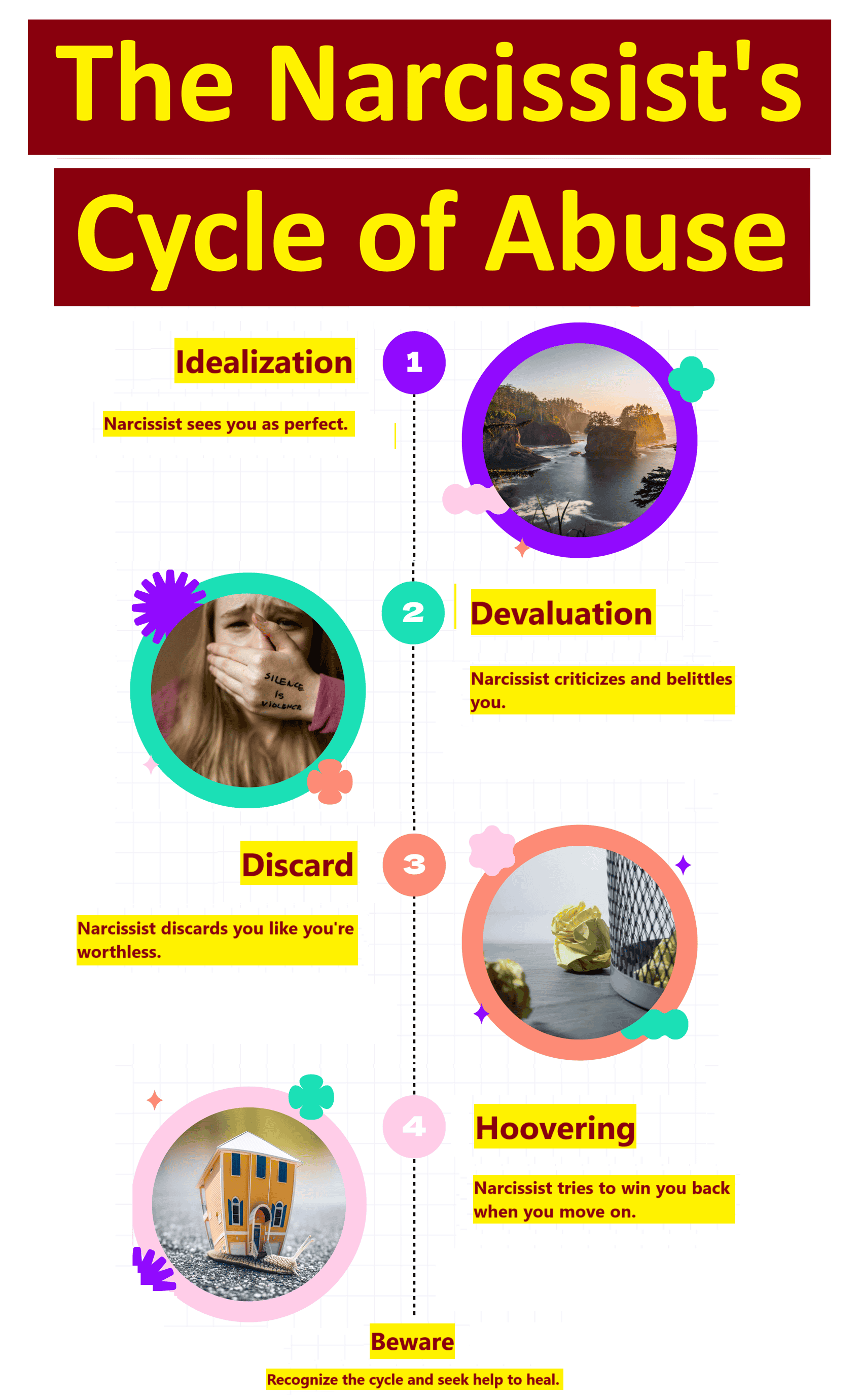Dealing with a narcissist can be tough, but there are ways to make it easier on yourself. Narcissists love attention and control, so it’s important to use strategies that disrupt their self-centered behavior.
I’ll cover some practical tips like ignoring them, setting boundaries, focusing on your own success, complimenting others, and holding them accountable.
By using these tactics, you can take back control and create a healthier, more balanced relationship with the narcissist in your life.
Strategy One: Ignoring Their Presence
Why Narcissists Crave Attention
Narcissists thrive on attention. Their existence revolves around admiration from others. When they enter a room, they expect to be the center of focus. If you pay attention to them, you feed their need for validation. This attention reinforces their grandiosity, making them feel superior.
By craving constant recognition, narcissists ensure that all eyes stay on them, which bolsters their sense of self-importance.
The Impact of Indifference
Ignoring a narcissist’s presence destabilizes their sense of superiority. Without the expected admiration, they feel neglected, which leads to frustration. When you act indifferent, it shakes their confidence and leaves them insecure.
They thrive on your attention, so withholding it denies them their primary source of validation. This indifference can make them question their worth, leading to discomfort and agitation. Your lack of response is a powerful tool in weakening their inflated ego.
Strategy Two: Setting Boundaries
Establishing Firm Limits
Narcissists hate firm boundaries because they thrive on control. Establishing clear limits can make them miserable. Set specific rules about how you expect to be treated and stick to them.
For example, you might decide not to tolerate interruptions during conversations. Communicate your boundaries directly to the narcissist, and don’t waver when they try to test them.
This approach forces the narcissist to realize they can’t manipulate you as easily, creating frustration for them.
How Boundaries Disrupt Narcissistic Supply
Boundaries disrupt the narcissist’s supply by reducing their ability to control and manipulate. When they can’t get the reaction they want, they feel threatened. F
or instance, if they frequently seek validation through flattery, setting a boundary by not responding to superficial compliments can unsettle them.
By staying consistent with your boundaries, you strip away their power, forcing them to confront their own limitations. This weakening of their supply source makes them deeply uncomfortable, diminishing their perceived superiority.
Setting boundaries isn’t just about protecting yourself; it’s a strategic move to destabilize a narcissist’s confidence.
Strategy Three: Focusing on Personal Success
Success As a Threat to Narcissistic Ego
Narcissists detest seeing others succeed, especially when they can’t control or take credit for that success. When you achieve personal milestones, it undermines their belief in their superiority.
Highlight your accomplishments at work, social circles, and personal life. For instance, earning a promotion or completing a major project shows you’re thriving without their influence.
Your success creates a significant blow to a narcissist’s fragile ego, forcing them to face their inadequacies.
Personal Growth Outside Their Influence
Personal growth infuriates narcissists because it signifies independence and self-sufficiency. If they can’t manipulate or dictate your progress, they feel powerless.
Engage in activities or pursue goals that promote your development, such as taking courses, learning new skills, or engaging in hobbies.
For example, mastering a new language or finishing a long-term creative project indicates you’re focusing on bettering yourself. This personal growth magnifies their lack of control and makes them feel insignificant.
Strategy Four: Complimenting Others
Reducing Their Perceived Superiority
Complimenting others in front of a narcissist can reduce their perceived superiority. Narcissists crave admiration and often monopolize attention to feel superior.
By highlighting the achievements and qualities of others, you challenge their sense of exclusivity. Consider recognizing a colleague’s hard work during a team meeting or praising a friend’s recent accomplishments.
Doing so shifts the focus away from the narcissist and redirects admiration towards someone else.
Impact of Positive Attention on Others
Positive attention directed at others disrupts a narcissist’s need for constant validation. When someone else receives recognition, it creates an environment where the narcissist feels less significant.
For instance, when you praise a team member for their innovative idea, it not only boosts that person’s morale but also diminishes the narcissist’s dominance in the conversation.
Highlighting others’ achievements can make a narcissist miserable by subtly showing them they aren’t the center of everyone’s universe.
This approach leverages the narcissist’s dependency on admiration and turns it into their frustration. By consistently complimenting others, you create a balanced social dynamic and reduce the narcissist’s psychological hold.
Strategy Five: Showing Accountability
Expecting Responsibility
Narcissists despise accountability. When you expect them to take responsibility for their actions, it disrupts their self-centered narrative.
They thrive on denying faults and deflecting blame, so holding them accountable for their decisions and behavior can make them uncomfortable. For example, if a narcissist promises something but fails to deliver, calmly remind them of their commitment.
Use factual statements and avoid emotional responses to prevent giving them control. This approach leaves them with no option but to confront their failures, which they hate.
Consequences for their Actions
Setting and enforcing consequences for a narcissist’s actions is crucial. Narcissists Often try to manipulate situations to avoid repercussions.
By clearly defining the outcomes of their behavior and consistently applying these consequences, you strip away their power to evade responsibility. For instance, if they habitually cancel plans last minute, inform them that you won’t make plans with them in the future.
Documenting instances of their behavior can serve as proof whenever they attempt to deny or twist the facts. This ensures that they face the reality of their actions, a scenario that makes them miserable.
Final Thoughts
Dealing with a narcissist can be challenging, but you have the power to make a significant impact on their behavior. By implementing these strategies, you can create an environment where their manipulative tactics lose effectiveness.
Remember to stay consistent in your approach and prioritize your well-being. Your ability to set boundaries and hold them accountable will not only protect you but also diminish their influence over time.
Stay confident and assertive in your interactions, and you’ll find that the narcissist’s control starts to wane.






